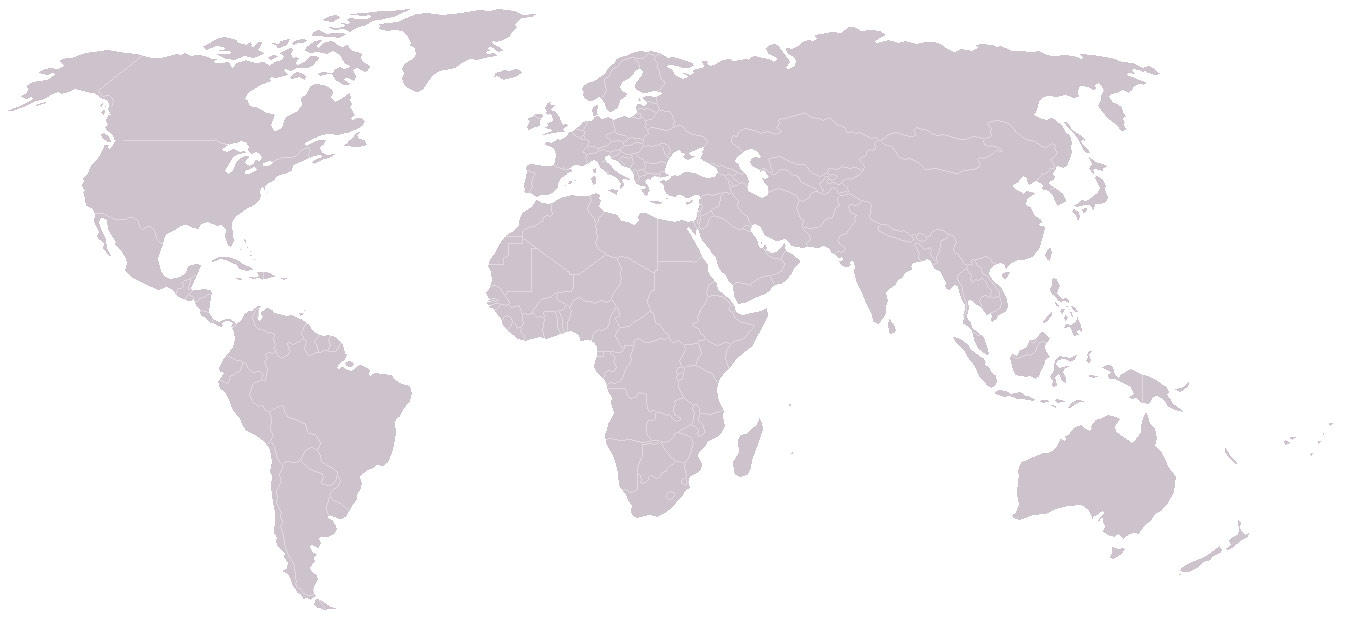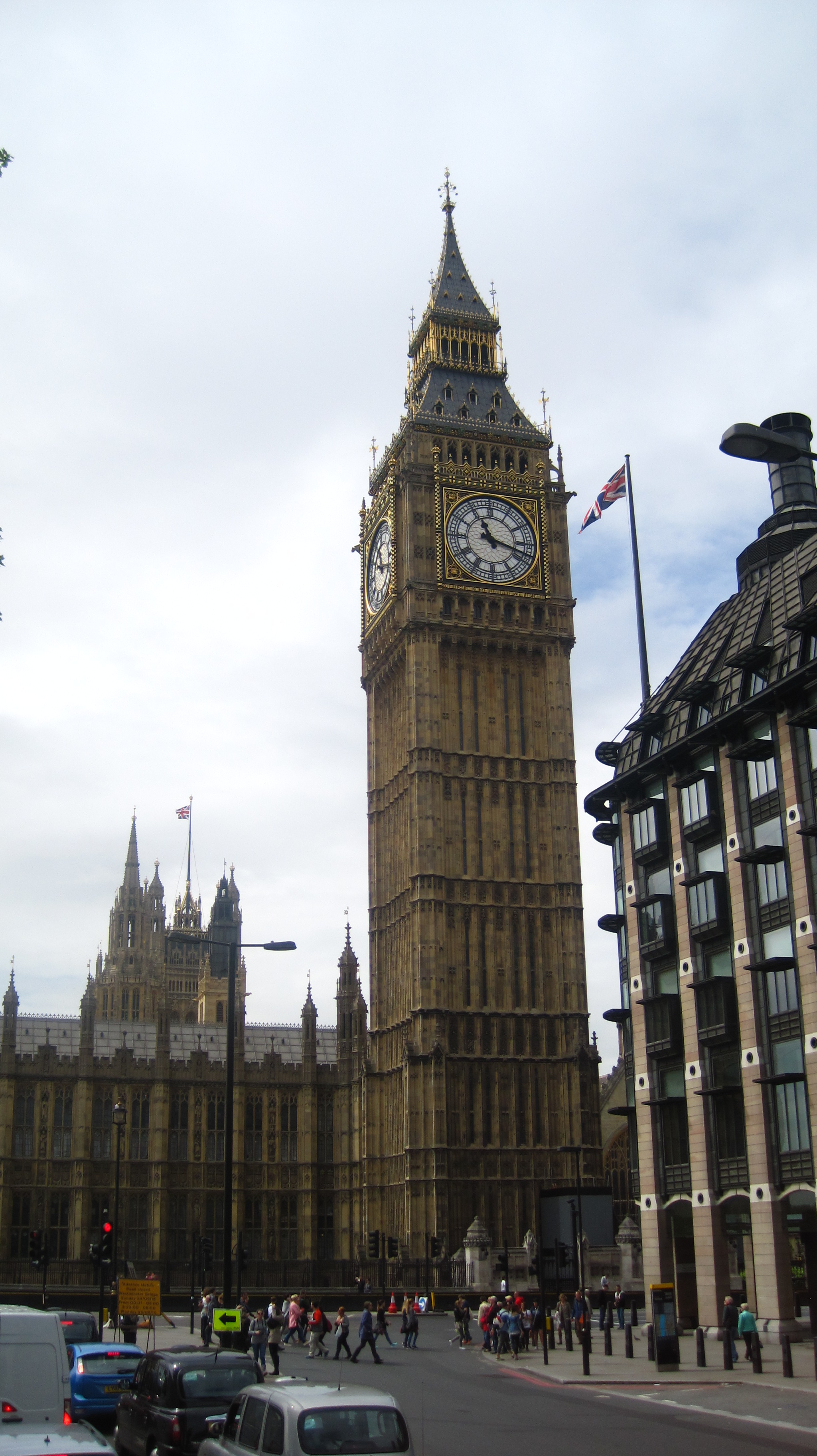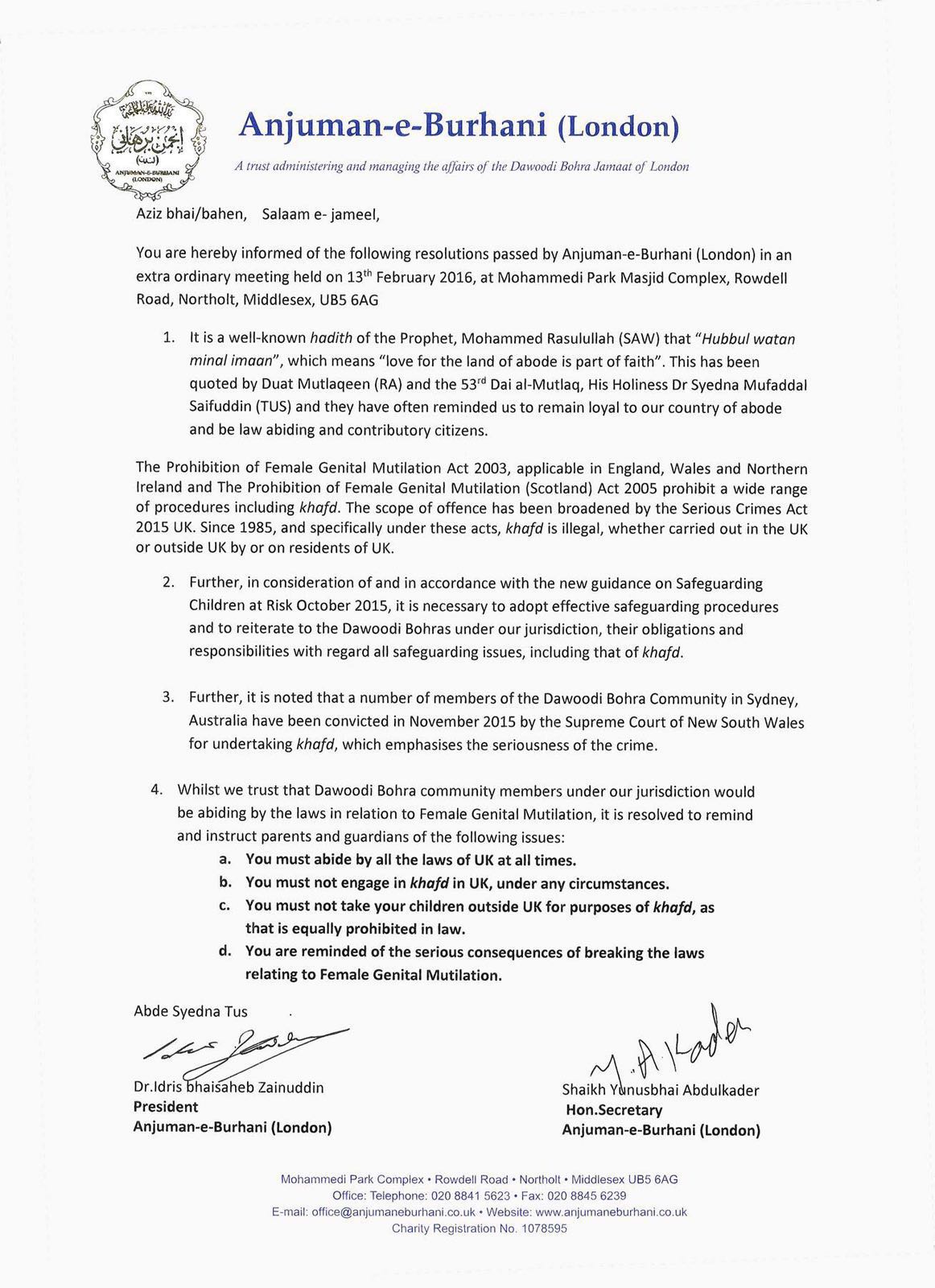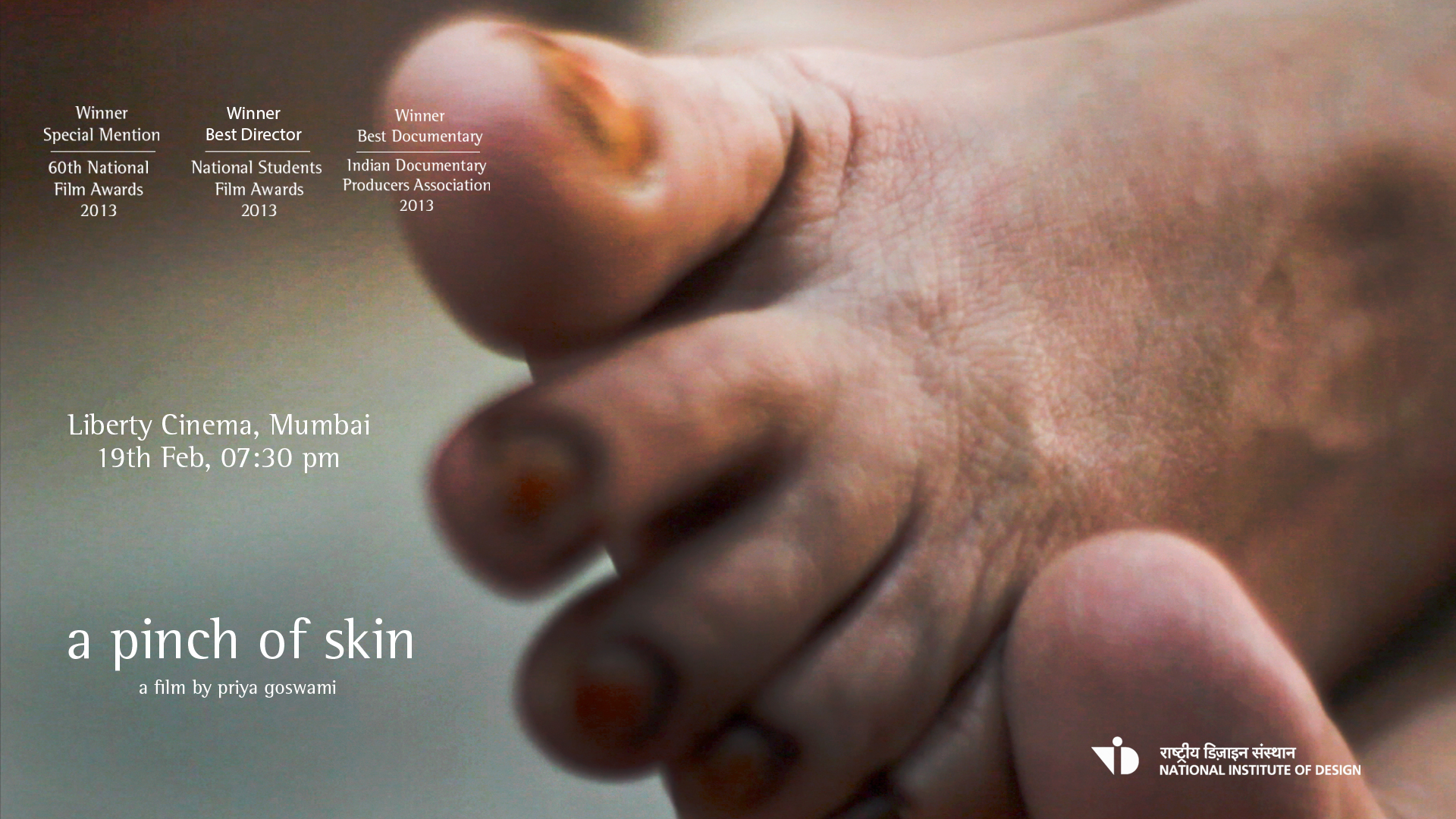(Article originally posted in Scroll.in on Feb 11, 2016)
By Aarefa Johari
Three months after a group of Dawoodi Bohras was held guilty for female genital mutilation in a landmark verdict by an Australian court, community authorities have issued a notice to all Bohras in Australia asking them to obey the law of the land and stop the practice of khatna or female circumcision.
The notice has drawn cheers from Bohra activists campaigning to bring an end to the ancient ritual of female genital mutilation that is meant to moderate a woman’s sexual urges.
In November 2015, the Supreme Court of New South Wales found a Bohra mother, a retired nurse and a senior clergy member called Shabbir Vaziri guilty of carrying out genital cutting on two minor sisters between 2010 and 2012, when the girls were six and seven years old respectively.
The three people could face a maximum penalty of seven years in prison. Hearings to determine the quantum of punishment began on February 5 and are expected to go on for a while.
The Bohra ritual of khatna involves snipping off the tip of a young girl’s clitoris, which is defined by the World Health Organisation as Type I FGM. Even though female genital mutilation has been illegal in Australia since 1997, the Bohra case is the first to actually make it to the nation’s courtrooms.
It is also the first instance of anyone being arrested for khatna in the Dawoodi Bohra Muslim community, whose members predominantly hail from Gujarat in India. The Bohras are the only community known to practice female genital cutting in India, and so far, many have continued to cut their girls even when they migrate to other countries where female genital mutilation is illegal.
The notice issued to Australian community members on February 9, however, could significantly alter this trend.
Obey the law of the land
The notice, emailed to all Australian Bohras in the form a resolution letter, came a day after the Anjuman-e-Burhani (Sydney) – a trust managing Bohra affairs in Australia – held a meeting to discuss khatna.
The letter begins by quoting a hadith (text comprising the teachings of Prophet Mohammed) which states that “love for the land of abode is part of faith”, making it part of Islamic tradition to “remain loyal to the country of abode and to be law abiding and contributory citizens”.
The letter goes on to state:
“
Khafd (also known as khatna or female circumcision) has recently been interpreted by the Supreme Court of NSW to be within the meaning of Female Genital Mutilation (FGM) as defined in section 45 of the Crimes Act of NSW. It is likely that the practice will be interpreted to fall within the specific laws in relation to FGM in other states or territories of the Commonwealth of Australia. Consequently, khafd is illegal, whether it is carried out within any of the states of Australia or overseas.
All parents and guardians are hereby directed in the strictest terms not to carry out khafd under any circumstances. You are further instructed not to take any person out of Australia for the purpose of khafd.”
If the community follows the instructions of this notice, it would mean that Bohra girls in Australia will henceforth escape a painful ritual that has been practiced in the community for centuries. It could also mean that Bohra authorities might issue similar notices in other countries where female genital mutilation is illegal, including the US, UK and Canada.
No law in India yet
The notice has come at a time when a judge presiding over the female genital mutilation case pointed out, during a sentencing hearing on February 5, that the convicted mother and retired nurse have not expressed any remorse about performing genital cutting on the girls. They have not, he said, made any statement indicating that they now reject the practice or would be willing to speak out against it in their community.
The notice could also be seen as a reaction to the growing negative media attention to the practice of khatna among Bohras in the past year, as more and more women from the community have come forward to demand an end to the erstwhile secret ritual. In December, 17 Bohra women from around the world (disclosure: this reporter is among them) launched an online petition asking the Indian government to act against female genital cutting, which is not yet illegal in India. The petition has garnered more than 44,000 signatures so far.
‘A small victory’
Community members, particularly those in Australia, have welcomed the notice and are now eager to see the rest of the Bohra population around the world follow suit.
Zarine Hashim, a hospital administrator from Melbourne, reacted to the notice with a mix of emotions. “I felt happiness and elation as it was a small victory in the whole scheme of things, but also anger that it has taken a court case to make this happen,” said Hashim. “I really feel that the community, worldwide, needs to take this as an example and reassess the legal, physical and mental health consequences of the practice before performing it.”
To read the original article, click here.







